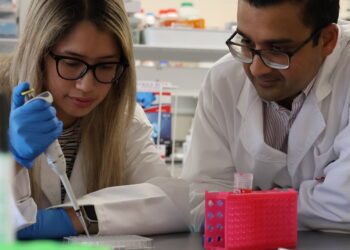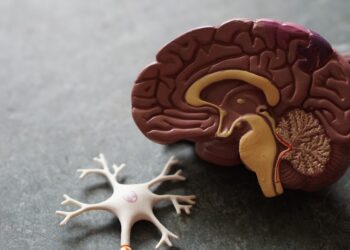As a practitioner, ‘why can’t I lose the last few kilos’ and ‘why aren’t I losing weight’ are comments that are heard all too often.
So many times people start a healthy eating regime (or they think they are anyway) and they go all out with exercise yet they are not seeing the results they were hoping for.
 image via pinterest
image via pinterest
Co-Founder of The Health Clinic, Robbie Clark shares a few reasons why this may be the case.
Hormone Imbalance
A hormone imbalance is a common problem in this day and age because we are exposed to many more toxins and chemicals that disrupt hormone metabolism and function, continuous stressors, food intolerances, and excess hormone consumption from non-organic meat, dairy and GMO soy than ever before.
While people respond to imbalances and stressors differently, up to 85% of us will find that they struggle to lose weight, or they keep putting weight on despite a healthy diet and exercise regime. Around 15% of people will struggle with losing too much weight, or not being able to put weight on.
Hormone imbalances can cause weight issues. An example of this is insulin resistance, where the body’s ability to metabolise and utilise insulin efficiently is diminished, resulting in excess weight around your stomach. An oestrogen or testosterone imbalance may also cause a similar weight issue, whereas an over active thyroid will cause issues with people trying to gain weight. An imbalance in stress hormones (cortisol), sex hormones (oestrogen, progesterone, testosterone) and thyroid hormones can all manifest in weight loss and gain issues as well as muscle loss.
If you have a hormone imbalance some symptoms may include tiredness, sluggishness or weight issues. If you are struggling with any of the above I suggest that you consult your healthcare practitioner to help come up with a strategy.
You Have a Toxic Overload in Your Body
Due to the enormous amounts of refined carbohydrates and chemically enhanced, processed foods that most people consume on a daily basis, our bodies are simply ‘clogged up’.
Add the fact that we are often drinking and eating out of plastic containers and we often use products with chemicals in them (cleaning products, body wash, skincare, make up), you begin to see exactly how easy it is to come into contact with toxins on a daily basis, not to mention the fact that all of the above can affect our delicate hormones.
Try to use chemical free water bottles (or glass bottles would be even better) and cleaning products. Eat organically where you can and if you feel that you need assistance, once again seek out an expert who can help you make some sustainable lifestyle changes.
You are Dieting Too Much
It feels like everyday there’s a new diet on the market promoting low carb, no carb, purple food, liquid, alkaline diet etc.
The truth is that fad and extreme diets, as well as yo yo dieting, often will ruin your metabolism and ultimately make you gain weight, feel fatigued and even ruin your digestion and by now we all know that good digestion is the key to good health!
It’s one thing to change your diet and make a ‘lifestyle change’, such as cutting out the crap and eating more whole-foods. It’s another thing to cut out entire food groups that your body actually needs to survive!
You’re Relying too Much on ‘Health Foods’
We all love a ‘health food’ but use caution here as your health foods may not be all that they seem.
Protein bars, muesli bars, granola etc. are often highly processed, and while ‘low in fat’ are potentially very high in sugar. The same goes for many products that claim to be ‘fat free’ or ‘diet’, the fat is often supplemented with sugar.
Then when you consider actual healthy snacks, such as nuts, protein balls etc. just remember that all of these items are high in fat, so while they are generally healthy to consume, treat it as a snack and consume in moderation!
You are not getting enough sleep
This is an obvious one. If you are not getting enough sleep than how can you expect your body to function correctly?
A lack of sleep can affect your energy levels, mood, food choices and of course your delicate hormone balance while a good sleep can chemically rebalances your brain and your hunger hormones, allowing them to carry the message to burn fat as opposed to storing it.
To get a good nights sleep, avoid caffeine after noon, if not earlier and try turning off your electronic devices at least 1-2 hours prior to going to sleep. The blue light they project is stimulating and affects the release of melatonin, a naturally occurring sleep hormone controlled by light exposure that helps regulate your sleep-wake cycle.



















